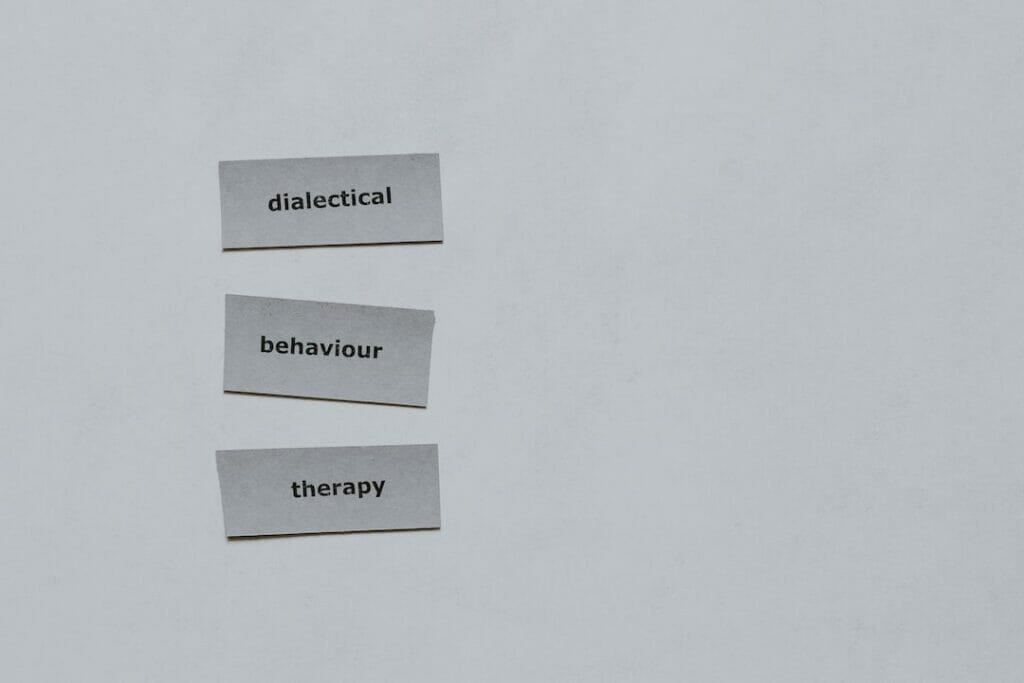Relapse: Moving Forward in the Face of Falling Back
Key takeaways: Relapses can happen in the recovery journey, and it’s essential not to panic but use it as an opportunity for growth. Relapse has three stages: emotional, mental, and physical, and understanding these stages can help in preventing further relapses. Dealing with a relapse involves reaching out for support from sponsors, friends, or family, […]
Relapse: Moving Forward in the Face of Falling Back Read More »













